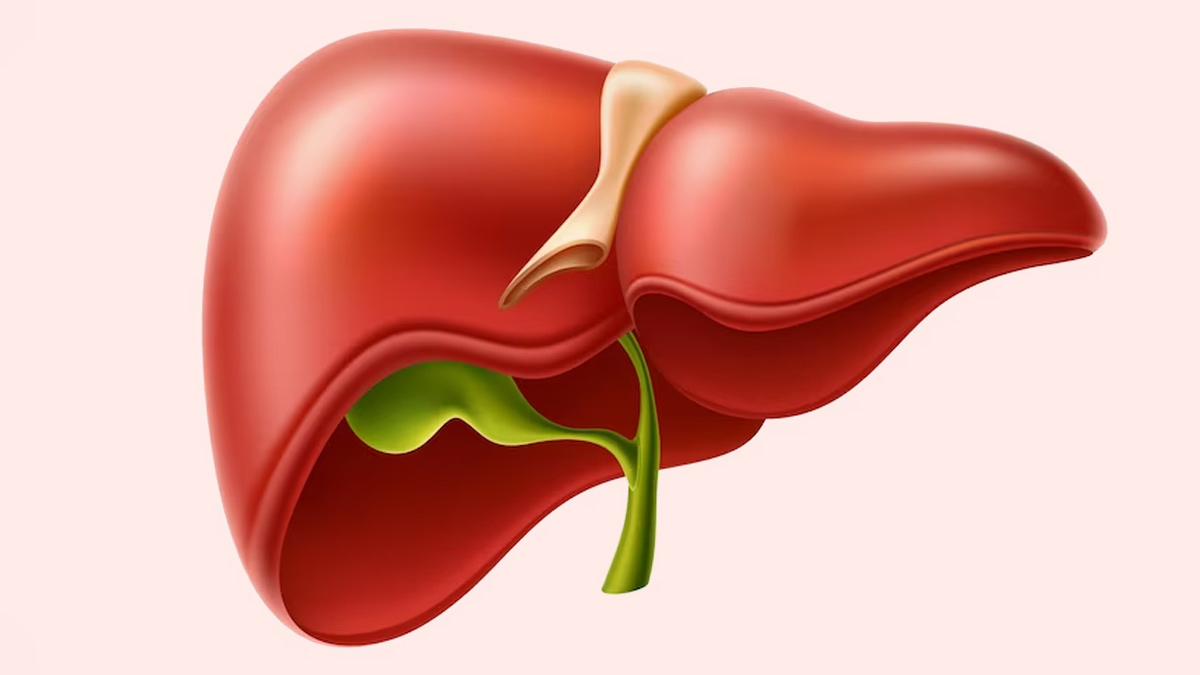
Have you ever considered the possibility of developing liver cirrhosis if you drink alcohol? Our liver performs multitasking, and it is essential to keep our internal systems working efficiently. But what happens when our liver gets affected with a severe foe called cirrhosis?
When your liver is harmed, whether from excessive alcohol consumption or another cause, such as infection, it attempts to repair itself. However, it sometimes fails to do so, resulting in the formation of a permanent scar. Cirrhosis is that permanent scar on the liver that is incurable.
"The liver is a vital organ in the body. It produces enzymes that aid in digestion and the removal of toxins from the blood. As a result, any sort of chronic liver illness must be recognised as soon as possible. If the cause of liver cirrhosis is identified early, treatment can be initiated to prevent it from worsening,” said Dr Reema Kashiv of Noble Hospital in Pune.
What Exactly Is Liver Cirrhosis
According to MayoClinic, liver cirrhosis is a condition where healthy liver tissue is gradually replaced by scar tissue, impairing the liver's functionality. Over time, this can disrupt the liver's ability to carry out its crucial tasks, leading to a lot of health issues.
“The patient may feel fatigue, loss of appetite, weight loss, nausea, abdominal pain, and other symptoms. Some of the most common causes of liver cirrhosis are chronic alcohol misuse, chronic liver hepatitis B, C, and D, non-alcoholic fatty liver disease, cystic fibrosis, iron build-up in the body, and so on. If you have liver cirrhosis, you should avoid drinking alcohol. Maintaining a healthy weight and eating nutritious foods are also important preventive measures,” said Dr Kashiv.

Also read: Understanding Fatty Liver Disease: Expert Lists Swelling and Other Physical Signs
Risk Factors And Causes
Cirrhosis doesn't happen overnight. It's often the result of prolonged damage to the liver. Some common causes and risk factors include:
- Cirrhosis can be caused by excessive alcohol consumption over a lengthy period of time.
- Chronic infections with the hepatitis B or C viruses can induce inflammation and scarring in the liver.
- Non-Alcoholic Fatty Liver Disease (NAFLD): Fat accumulation in the liver that is not caused by alcohol can cause inflammation and cirrhosis.
- Symptoms Symptoms may not appear until the illness has progressed considerably. However, when cirrhosis advances, the following signs and symptoms may appear:
- Fatigue: Because of the liver's diminished ability to digest nutrients, it is normal to feel perpetually weary or weak.
- Yellowing of the skin and eyes happens when the liver is unable to metabolise bilirubin, a waste product.
- Swelling: Fluid accumulation in the abdomen and legs (edoema) can occur as a result of decreased blood flow through the liver.
- A malfunctioning liver may not produce enough clotting factors, resulting in easy bruising and bleeding.
- Confusion: As per journal Drugs, hepatic encephalopathy can cause confusion, memory issues, and even personality changes.
Prevention and Management
While cirrhosis might not be completely preventable, certain measures can reduce the risk:
- Limit Alcohol Intake: If you consume alcohol, do so in moderation to protect your liver.
- Prevent Hepatitis Infections: Practice safe sex and avoid sharing needles to reduce the risk of hepatitis infections.
- Maintain a Healthy Weight: A balanced diet and regular exercise can help prevent fatty liver disease.
- Manage Underlying Conditions: If you have chronic conditions like diabetes or autoimmune diseases, manage them effectively.
If you suspect cirrhosis or experience any of the associated symptoms, it's essential to consult a doctor. Early diagnosis and intervention can slow down the progression of the condition and improve your quality of life.

Also read: Expert Explains The Role of Hepatitis in the Rising Incidence of Liver Cancer
Liver cirrhosis might be a silent and slow-moving condition, but its impact can be profound. Understanding its causes, risk factors, and symptoms is crucial for timely intervention. By taking steps to protect your liver's health and seeking medical advice when needed, you can empower yourself to manage and mitigate the effects of cirrhosis, ensuring a healthier future ahead.
Also watch this video
How we keep this article up to date:
We work with experts and keep a close eye on the latest in health and wellness. Whenever there is a new research or helpful information, we update our articles with accurate and useful advice.
Current Version